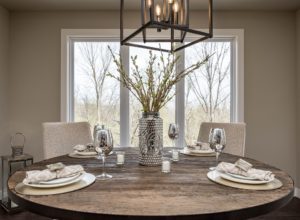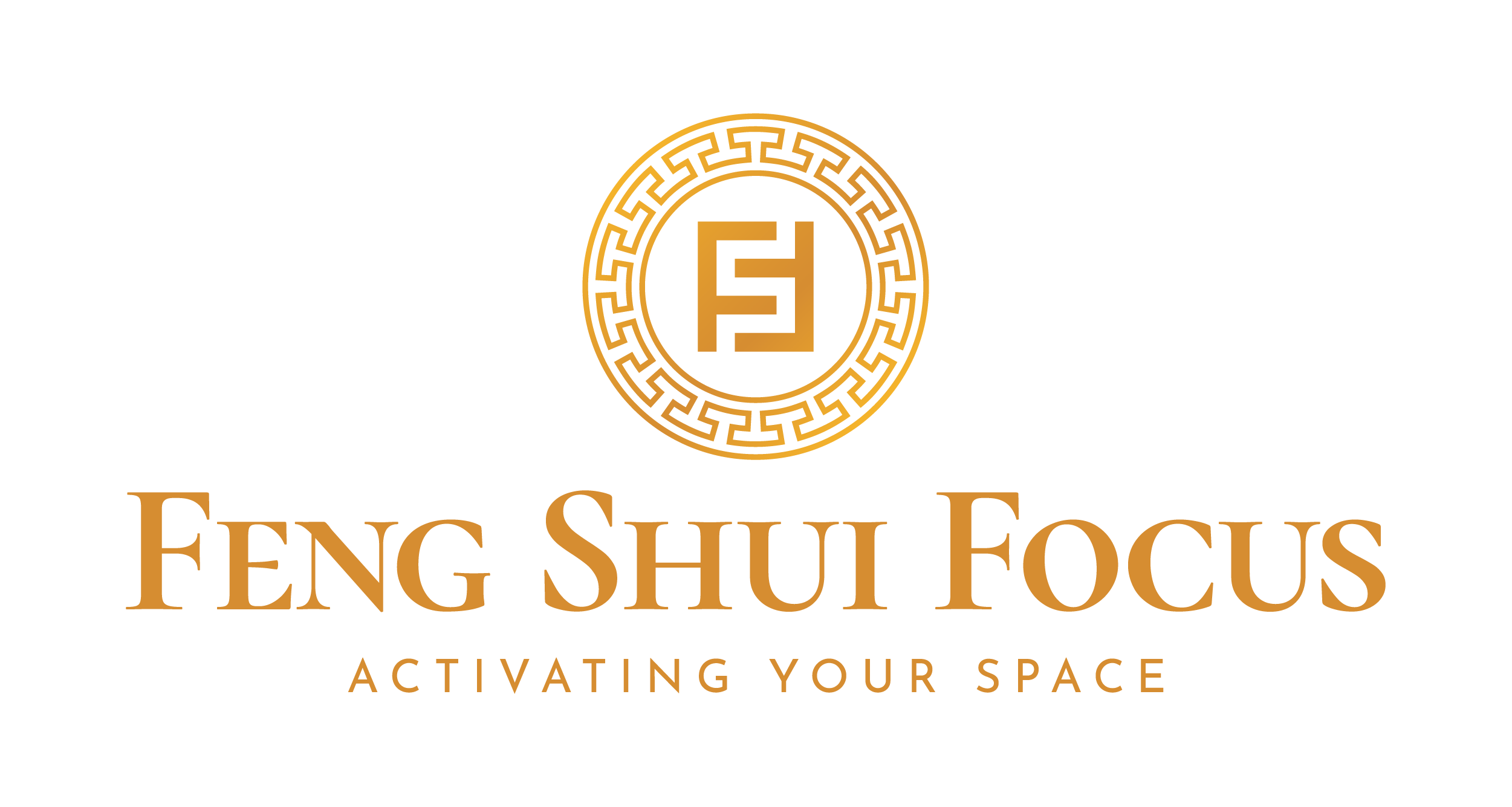The dining room is a place for the family to gather, share meals (of course) and spend quality time together. It is a place where stories are shared, conversations take place, discussions are had, and advice is being sought and given. Creating good energy here will be an ultimate benefit for the family.

There are a few simple rules when it comes to the Feng Shui of your dining room:
- There should ideally be one solid wall in the dining room which should be behind where either the father or the mother sits.
- Hang a wall mirror to reflect the food on the table as this symbolically doubles your abundance and good fortune.
- Do not place your dining table directly under a toilet on the upper floor. This is bad luck. If you already have a toilet above your dining room, place uplighters in your dining room to push the toilet energy back up.
- Round or oval tables are excellent and give you great flexibility for seating positions. However square or rectangular tables are fine too as long as nobody sits at the corners. Never eat with the corner pointed directly at your stomach.
- Check that each family member can face one of their auspicious directions at the dining table. For meal times the “Nien Yen/Love” direction or “Health” direction is best. There is no need to use your “Wealth/Success” direction here as that could lead to aggressive yang energy, which you don’t want at meal times/family time.
- Make sure there is brightness and a pleasant colour scheme in the dining room. You can look at the Pakua map/Eight Aspirations sectors of your home if you need inspiration as to the most suitable colour scheme.
- Avoid having a toilet opening into the dining room or sharing any wall with the dining room. If there is a toilet, make sure you keep the door closed.
- Place the dining area at the centre of the house (or as close to it as possible), as this represents the heart of the home. Ideally, your dining room is higher than the living room. Avoid having the dining room in the basement or in a sunken area of the house.


